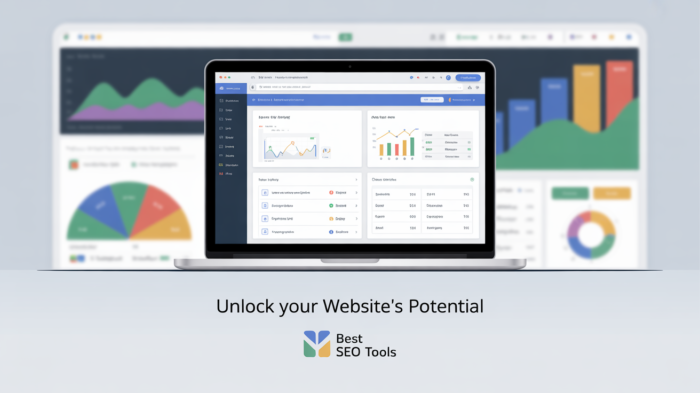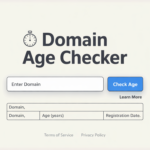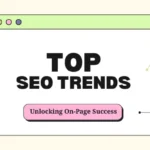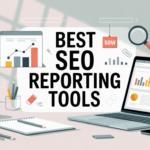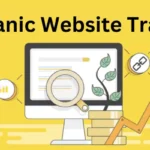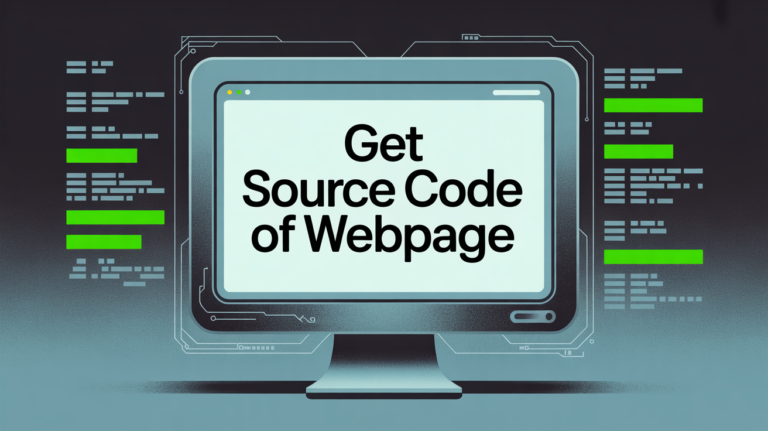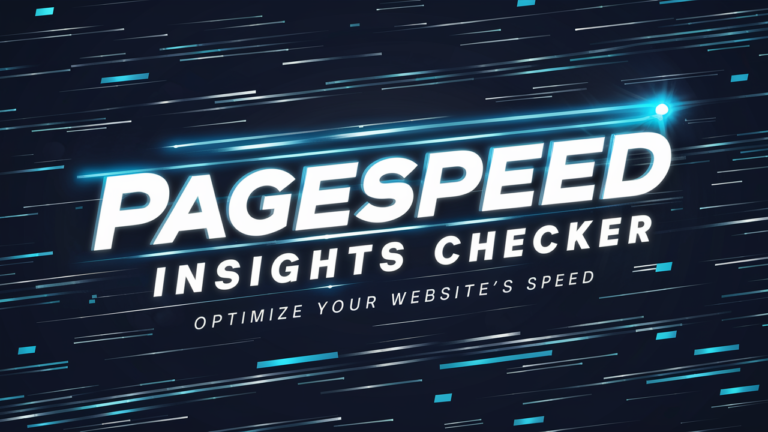What Are the Best SEO Tools to Boost Your Website in 2025?
Search Engine Optimization (SEO) is no longer just a buzzword—it’s a core component of digital marketing success. Whether you run a personal blog or manage a full-scale eCommerce website, optimizing for search engines helps your content reach the right audience, increase visibility, and generate organic traffic. But with countless SEO tools available online, how do you choose the best ones?
In this article, we’ll explore some of the best SEO tools you can use in 2025 to enhance your website’s performance. We’ll also take a close look at some free, accessible tools provided by Mini SEO Tools that can be incredibly useful for beginners and professionals alike.
Contents
Why Are SEO Tools Important?
Before diving into the tools, it’s essential to understand why they matter. SEO tools help you:
- Analyze your website’s health and performance
- Conduct keyword research
- Monitor backlinks
- Perform competitive analysis
- Track SERP rankings
- Optimize on-page and off-page SEO elements
SEO is an ever-evolving discipline. Google’s algorithms update frequently, and user behavior shifts rapidly. This makes reliable SEO tools a necessity for staying ahead of the competition.
1. Google Search Console – The Essential Starting Point
No SEO toolkit is complete without Google Search Console. It provides essential data about how your site is performing in Google Search:
- See what keywords drive traffic
- Identify crawl issues
- Submit sitemaps
- Monitor mobile usability
Google Search Console is ideal for diagnosing indexing issues, understanding search performance, and ensuring your site meets technical SEO best practices.
2. Ahrefs – Powerful for Backlink Analysis
Ahrefs is one of the most comprehensive SEO tools in the market. It offers features like:
- Keyword research
- Site auditing
- Content gap analysis
- Backlink tracking
Its strength lies in backlink analysis—Ahrefs has one of the most extensive link databases and gives a clear picture of your website’s authority and link profile.
3. SEMrush – A Complete Digital Marketing Suite
SEMrush isn’t just an SEO tool; it’s a full-fledged digital marketing suite. It supports:
- Competitor analysis
- PPC campaigns
- Keyword tracking
- Site auditing
Its user-friendly dashboard and deep insights make it a favorite among digital marketing professionals.
4. Ubersuggest – Ideal for Beginners
Created by Neil Patel, Ubersuggest is an excellent tool for those new to SEO. It offers:
- Keyword suggestions
- Domain overview
- Content ideas
- SEO audit features
It’s more affordable than many other tools and perfect for bloggers and small business owners just getting started.
5. Moz Pro – Great for Local SEO
Moz Pro shines with its user-friendly tools and focus on local SEO. Features include:
- Keyword Explorer
- Rank Tracking
- Site Crawl
- Link Explorer
Its extensive learning resources also help users understand SEO concepts thoroughly.
6. Mini SEO Tools – A Hidden Gem of Free Utilities
While many of the tools mentioned above are paid, Mini SEO Tools offers a suite of free tools that are surprisingly effective for quick diagnostics and optimizations. Let’s look at a few standouts:
Webpage Screen Resolution Simulator
The Webpage Screen Resolution Simulator tool helps you test how your website appears across different screen resolutions. In 2025, mobile-first design is more critical than ever. If your site doesn’t render correctly on various devices, you risk losing a significant portion of your audience.
Using this simulator, you can:
- Check responsiveness of your site
- Preview UI elements on common screen sizes
- Identify design flaws in mobile view
Page Size Checker
Page speed and size are critical ranking factors. A bloated page not only frustrates users but can also lower your position in search results. This simple yet effective tool:
- Calculates the total size of your web page
- Alerts you to large elements that slow down load time
- Helps you optimize for speed and performance
Both tools are especially useful for web developers and SEO specialists who want to maintain technical health without shelling out for premium software.
7. Yoast SEO – For WordPress Users
If you’re using WordPress, Yoast SEO is almost indispensable. It simplifies on-page SEO and provides:
- Readability checks
- XML sitemap generation
- SEO-friendly content guidance
- Meta tag optimization
Yoast is beginner-friendly and integrates seamlessly with WordPress, making it ideal for bloggers and small business websites.
8. Screaming Frog – Advanced Technical SEO Tool
Screaming Frog is a website crawler that helps you analyze and audit SEO performance in-depth. It’s particularly effective for:
- Finding broken links
- Analyzing metadata
- Checking for duplicate content
- Validating canonical tags
The free version crawls up to 500 URLs, which is often enough for small to mid-sized websites.
Choosing the Right Tools for Your Needs
When selecting SEO tools, consider your goals:
- Beginners: Start with Ubersuggest, Yoast, and free Mini SEO Tools
- Technical SEO: Use Screaming Frog and the Page Size Checker
- Content Strategy: Leverage Ahrefs or SEMrush for keyword and topic research
- Performance Optimization: Utilize the Webpage Screen Resolution Simulator to ensure responsive design
Also, it’s worth noting that using too many tools can be counterproductive. Focus on mastering a few that align with your strategy and objectives.
Final Thoughts about Best SEO Tools
SEO isn’t just about stuffing keywords into content—it’s a comprehensive practice involving site speed, mobile optimization, content quality, backlink profile, and user experience. The right SEO tools help you diagnose problems, seize opportunities, and monitor progress.
Free platforms like Mini SEO Tools deserve more recognition for offering practical, no-cost solutions. Tools like the Webpage Screen Resolution Simulator and Page Size Checker may seem minor, but they play crucial roles in a successful SEO strategy.
In 2025, the best SEO strategy is a smart combination of premium services and reliable free tools. Whichever path you choose, the goal is the same: to create a site that performs well, ranks high, and delivers a superior experience for users.

